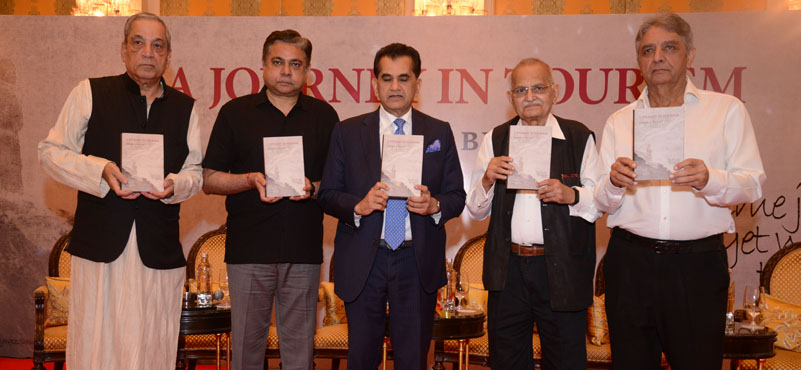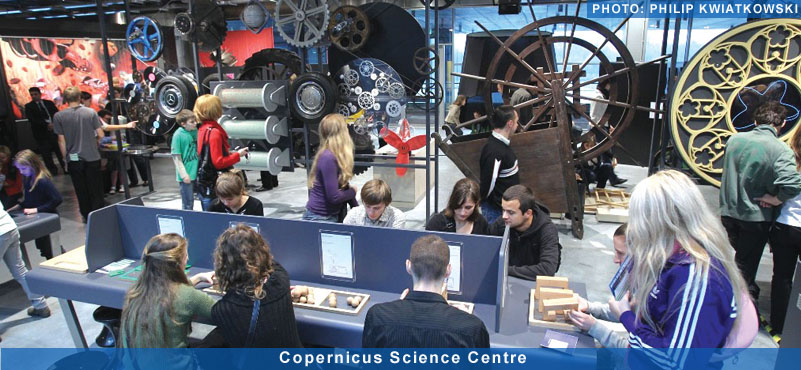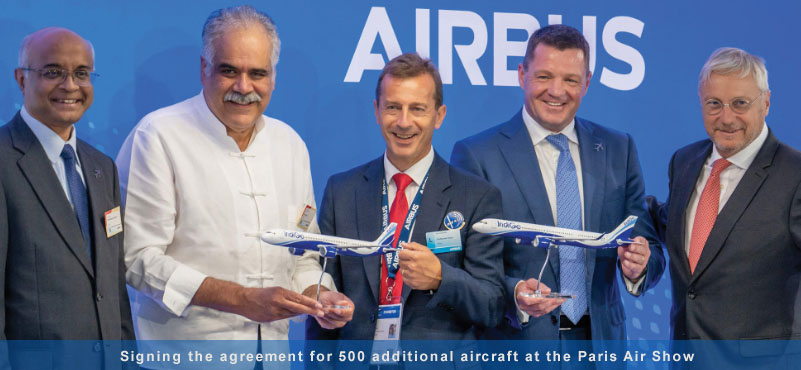With Shereen Bhan as moderator, a senior panel comprising Dipak Haksar, till recently COO of ITC Hotels; Deep Kalra, Founder, MakeMyTrip; Arjun Sharma, Chairman, Select Group; Ritesh Aggarwal, Founder OYO; and Rohit Khosla, area VP-North, Taj Group of Hotels discussed the big issues confronting the very survival of the industry, caught in an unprecedented situation where business had come to a complete standstill, and recovery would be slow and painful.
Much of the US$ 28 billion forex business and the Rs 2 lakh crore domestic business is at stake, with the grounding of all air, road, rail transport in the country. Leading players have started taking pay cuts among directors, down the line staff as well, in some cases retrenchments had begun in one of the worst hit sectors of the economy, as the country tries to tackle the COVID 19 pandemic. For hotels, its not just rooms, but also conferences, seminars and weddings. Of course, these are a far cry at present, considering the larger economic and social woes being faced by common people. But the panelists argued this industry deserves a special merit somewhere, as this is too a people industry with deep tentacles into the economy and social structure. It is virtually grounded. With the off-season beginning soon, any uptick could be expected only by October this year, and will hit the cash-flows even more, disrupting payment schedules, EMIs and payment to vendors.
Dipak Haksar, CII chairman, national committee of tourism and hospitality, said the industry is facing an existential crisis; the overall impact could never have been imagined. Our expectation is we would lose 2 crore jobs; in 2018, the annual revenues of the hospitality industry were around US$ 32 billion, and we should see some 60-70% loss in this revenue this year. For the first time, truly gasping for oxygen, as both international and domestic is zero levels the industry will need special treatment, must get singled out among all the sectors hit.
Deep Kalra, speaking on behalf of intermediary industries, the travel agents and the tour operators, the guides, all those who are helping products sell – this segment is very fragmented, comprises some 9 lakh organizations across the value chain. Employing about 36 lakh people, a majority of which earns less than Rs. 10,000/- per month. Another 10% earn less than Rs 20,000/- per month. Small companies will let people go home, in fact some of this has already started. Larger companies can ward this off for some more time, but not for long. Going forward, this will only get more heightened.
Arjun Sharma, chairman, Select Group, was seeing some 70-75% lay-offs, unsure if our debtors will stick around long enough and pay. The smaller travel agents and tour operators are the most fragile and will need immediate relief if they are to stay in business. The bigger ones need a rollover of payments from three months to perhaps six or nine months. The smaller ones need an intervention to pay their salaries, perhaps even from the Ministry of Tourism which has a larger budget this year.
Ritesh Aggarwal, founder OYO, said more than his company, he represented some thousands of small enterprises and some 20,000 of his partners across the country. Over the last 10/15 years, many have started their own unique businesses. Their payments are delayed, their landlords are not willing to extend moratorium, their biggest worry is their staff. Most of the staff is staying on the premises, and with no business, it is not sustainable. He asked if some DBT was possible for this sector? This would be critical to each of these businesses. OYO had warned their vendors of disruption. Ritesh shared that so far payments had been on course with their MSME vendors. With the larger corporations, they were discussing what could be our timelines for payments.
Rohit Khosla, IHCL, confirmed the luxury hotels across the country have taken a big hit. We saw 43% drop in the first week, 67% in the second week, and as we speak, some 60% of the hotels are shut down. 60% of those operating have 5/6% occupancy. At IHCL, they remain committed to supporting the government in their efforts to cope with the crisis, assure their employees on their jobs and support them as well. As an industry, he said, we are guided by the government directive to protect the March and April months. We are looking at H1 and see it as a tough one. Cash flows will be hit and everybody will have to take their own individual decisions. This may also depend upon value systems that every organization believes in. He said, he did not have any evidence as yet that anyone wanted to leave the hotel business; there are difficulties, there may be deferments, some salary increases may be on hold. We will have to wait and watch, but more importantly we will have to get the pandemic in control.
As far as solutions suggested by the panel, one common refrain was that the moratorium should be extended to 6/9 months, as three months was grossly inadequate. Recovery is far – the tourism and hospitality industry was always the first to get impacted and the last to recover. Our recovery period may be 12 to 18 months, could be even more. On the international tourism side, our two biggest source markets – USA and UK – have been severely impacted. There was yet no clarity on how international travel trends will emerge. It was estimated that the total hospitality industry debt could be US$ 8 billion, between banks and NBFCs. If that could be dealt with, not with 3 months moratorium but say 6 to 9 months without being declared as NPAs, it would help. Another benefit being sought was some salary intervention, which was estimated around Rs 5000/6000 crores for this quarter. If that can be taken care of, this would help substantially. Such interventions were being made already internationally, in recognition of the importance of this sector. For example, a leading travel conglomerate TUI in Germany has got $ 1.2 billion bail-out from the German government.
Another solution offered was the intervention on soft credit, to provide for increased working capital, and a figure of Rs 13,000 crores would be the best-case scenario. Possibly interventions sought included doubling the OD limit which these companies enjoy, but these must happen quickly if these businesses were to survive. Again, it was said that statutory obligations, like payment of GST dues, needed to be staggered. Additional levy of TDS and TCS must be given an additional extension of at least three quarters.
What were some of the best-case examples, from overseas markets that could provide benchmarks for India? In Europe, some of the governments like in the UK have taken on 80% of the staff salary to be credited directly to them.
Asked about how some of the offers made by companies like OYO to help government amid the COVID crisis had fructified so far, Ritesh shared this was work in progress, and highlighted their recent alignment with Apollo Hospitals for 5000 additional rooms. Around the country, OYO was working with state governments to offer rooms for stranded people. Ritesh also mentioned how they had got calls from embassies to help them with their nationals, after landlords were ditching them with their PG accommodation. At the state level, he said some big help had been forthcoming, some encouraging beginnings had been made.




































